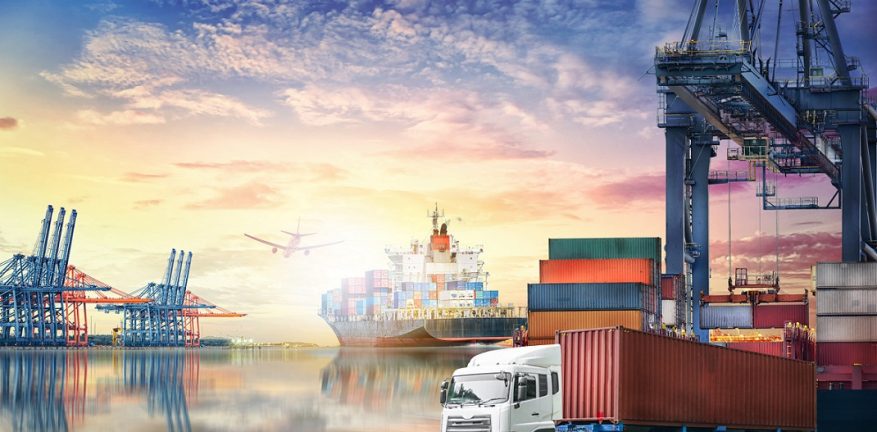The local shipping industry has been inundated by a number of issues, chief among them being financial difficulties and the lack of financial aid, as well as the cabotage policy exemption.
The tidal waves triggered by the COVID-19 pandemic, coupled with the low crude oil price, have caused severe disruptions to maritime businesses and the supply chain; exacerbating the challenging business climate in the industry and affecting its long-term economic development and social welfare.
“Many shipping companies are facing financial difficulties due to the COVID-19 pandemic and premature termination of contracts by oil majors due to the low oil price.”
“If no immediate action is taken to remedy the situation, our maritime industry will suffer greatly,” said Malaysia Shipowners’ Association (MASA) chairman Datuk Abdul Hak Md Amin.
He noted that although Bank Pembangunan Malaysia Bhd (BPMB) had relaunched the RM1.5 billion Maritime Fund 2.0 (MF 2.0), which the government aims to use to modernise the country’s maritime sector, the status of its utilisation by the shipping industry is currently unknown.
“The fund is open to shipping and shipyard companies, as well as marine oil and gas-related activities, however, the MF 2.0 is only available until Dec 31, 2020, which leaves us with less than a year until it expires.
“We do not know if the fund has been fully utilised by the shipping industry,” he added.
Abdul Hak said the government should focus on providing financial assistance to the ailing and distressed shipowners that are struggling for survival following the recent economic downturn and slowdown in the shipping industry.
“On behalf of the shipowners in the country, we hope the government will look into these matters in the upcoming Budget 2021, and adopt measures to assist the affected industries and companies, especially in dealing with the COVID-19’s economic impact to the Malaysia shipping industry,” he told.
He said MASA had also conducted a survey on the challenges faced by its members during the pandemic, which led to the conclusion that it would take some time for the industry to fully recover.
According to the survey, the supply chain had been impacted due to the disruption of shipping activities, and some of the delivery of the goods had either been cancelled or would not arrive on time due to delays at the loading and discharge ports.
“Shipping companies suffered heavy losses due to less cargoes or vessels left idle or laid-up. Operational costs such as demurrage charges, penalties, loan payments, crew costs; all of these have impacted most of the companies’ cash flows.”
“Without scaling down their operations during the Movement Control Order, shipping companies face an average potential short-term loss of between RM15 million and RM30 million — depending on their size — due to the decline in revenues, and the losses are expected to double in the long term,” said Abdul Hak.
As such, MASA hopes that the loan moratorium period for shipping companies could be extended by another six months to April 2021, and for the moratorium to be automatically granted to the companies, irrespective of their revenues.
It also hopes for the introduction of zero interest loans for one year for existing loans; utilisation of the shipping fund announced under last year’s budget to subsidise existing shipping loans; more industry-friendly and less stringent financing requirements by banks; as well as tax rebates or grants.
Meanwhile, commenting on the cabotage policy, Abdul Hak said the current exemption has left Malaysian ships vulnerable and uncompetitive in maintaining existing fleet or tonnage, leading to the negative rise in balance of payment on shipping freights.
“Using foreign tonnage for domestic trade does not provide any revenue for the government, except the meagre fee charged to obtain the domestic shipping licence.”
“The government should consider reinstating and strengthening the cabotage policy, as it is a universal policy being practiced around the world and vital for a country’s shipping industry, not only for commercial reasons, but more importantly, for security matters,” he said.
Source: Hellenic Shipping






